“Whenever there’s a gap in medicine, predators take advantage,” said Dr Gunter.
There is no evidence that highly restricted calorie diets have any positive effect, and the keto diet may make symptoms worse. Birth control pills do not cause PCOS and in fact help many women, though they don’t work for everyone. There is no known root cause for PCOS and there is no cure.
Tagged with influencers
The purpose of this research was to ensure an evidence base for the design of education about relationships for children and young people (CYP), highlighting the positive influence that well structured Relationships, Sex and Health Education (RSHE) programmes can have and to ultimately investigate ‘what works well’
It is not difficult to imagine harmful or abusive behaviours being present on social media. What can be challenging to deal with is the presence of popular online personalities or influencers who become well-known and even famous for exhibiting this behaviour over online platforms. This is especially concerning when children and young people begin to view this harmful content online.
iNEQE's online safety experts have recently received reports of children as young as 11 quoting online personality Andrew Tate at school, even resulting in acts of violence towards female peers. We have taken a closer look at who Tate is, as well as the behaviours he encourages.
The clamour for the drink should not be laughed away as the obvious result of scarcity created by a cynical branded content deal between two of the best-known social media influencers – Logan Paul and KSI. Instead, it should be viewed as a wakeup call for parents that monetising misogyny – rather than athleticism, good looks or video game prowess – is only a step removed.
NBC News spoke with 12 social media personalities with audiences ranging from under 100,000 to more than 10 million followers who detailed how they feel pushed to look perfect in real life and online. This has led younger creators in their teens and early 20s to get cosmetic procedures, ranging from lip filler injections to plastic surgery — many of which they received at discounted rates. Many expressed regrets about some of their procedures. Six of them described feeling addicted to body modification.
The draft online safety bill would not stop the sharing of "insidious" images of child abuse and violence against women and girls, MPs have said.
The Commons culture committee warned the government its proposed legislation is not clear or robust enough.
Content which is currently technically legal, such as deepfake pornography, still needs addressing, they said.
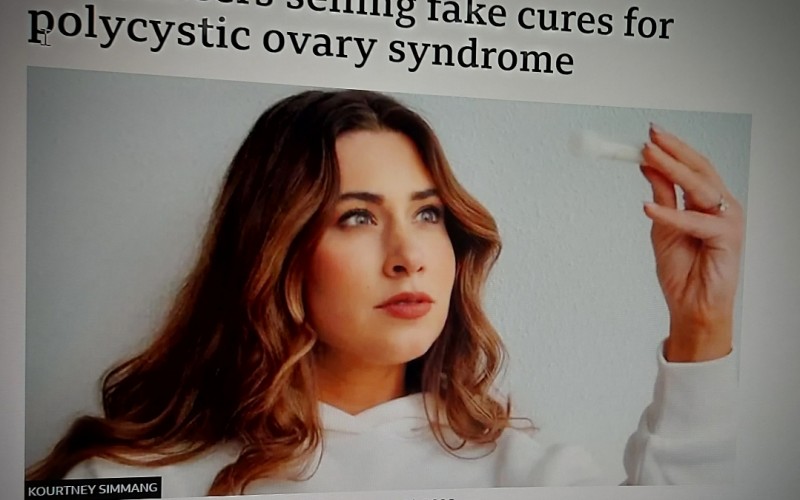
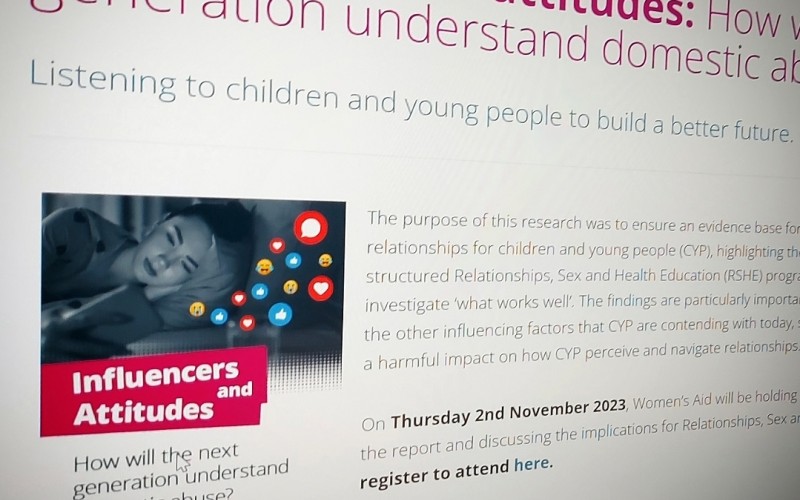
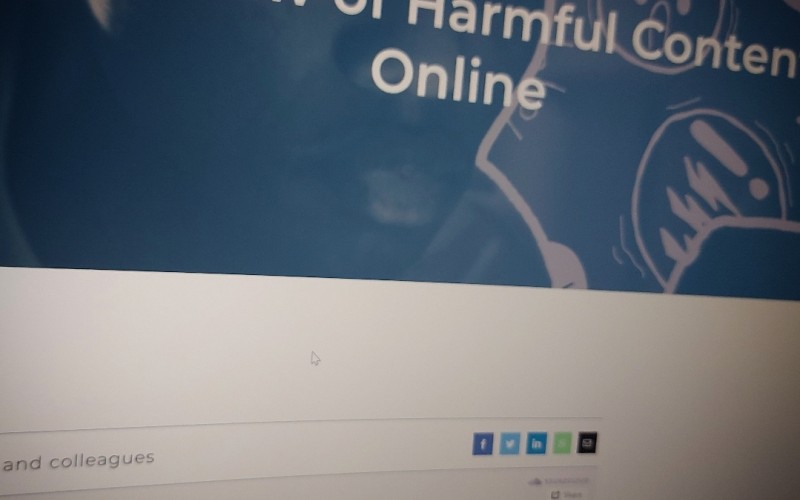
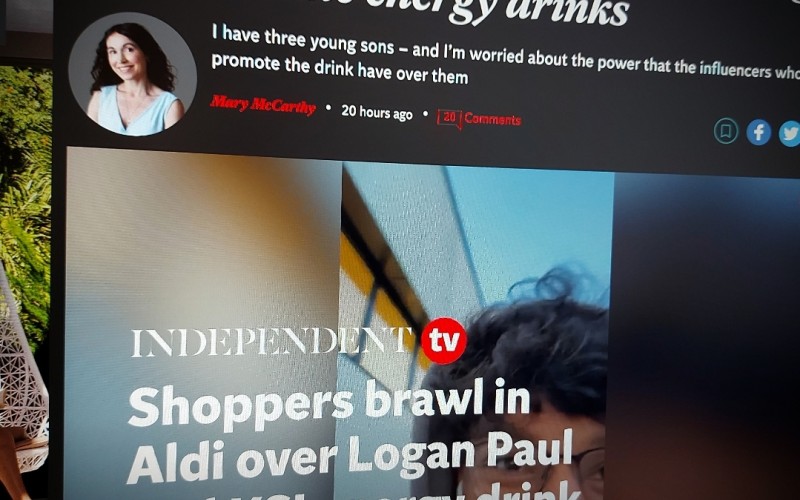
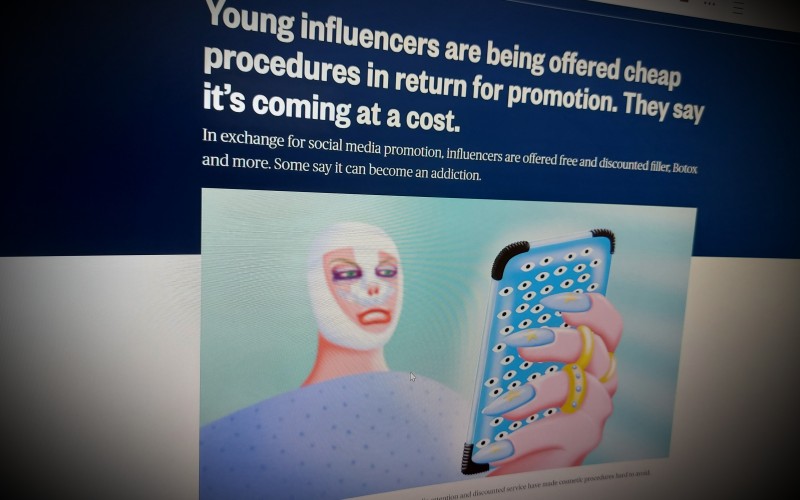
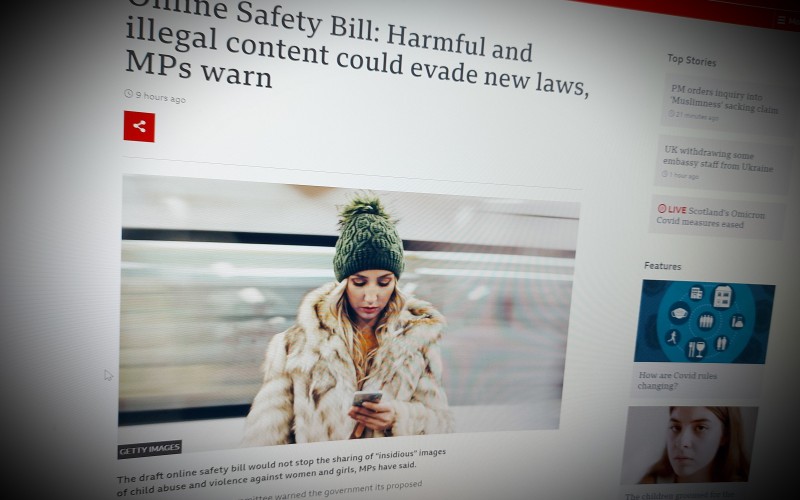
Comments
make a comment